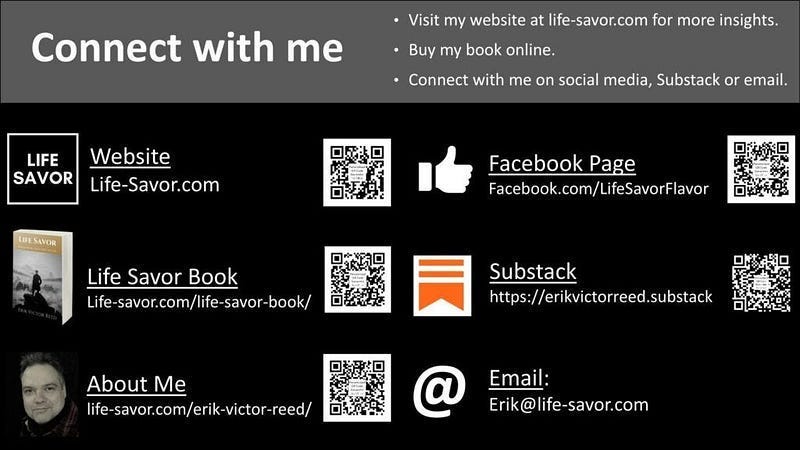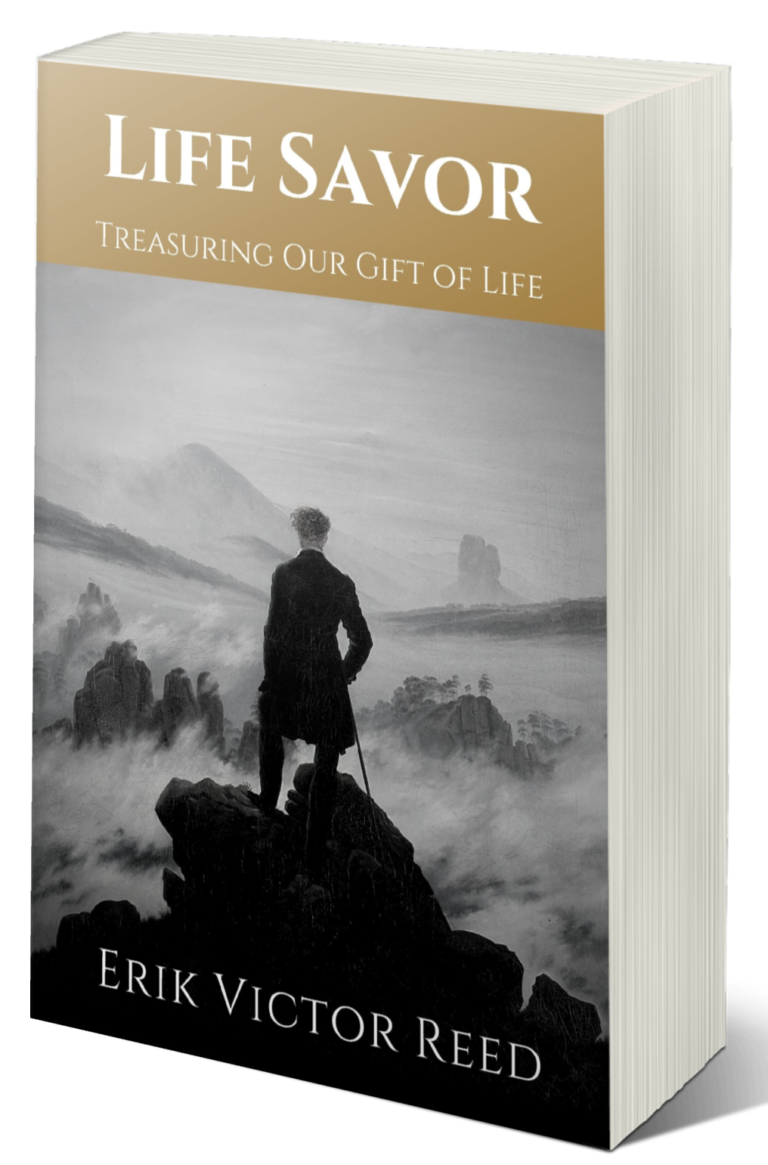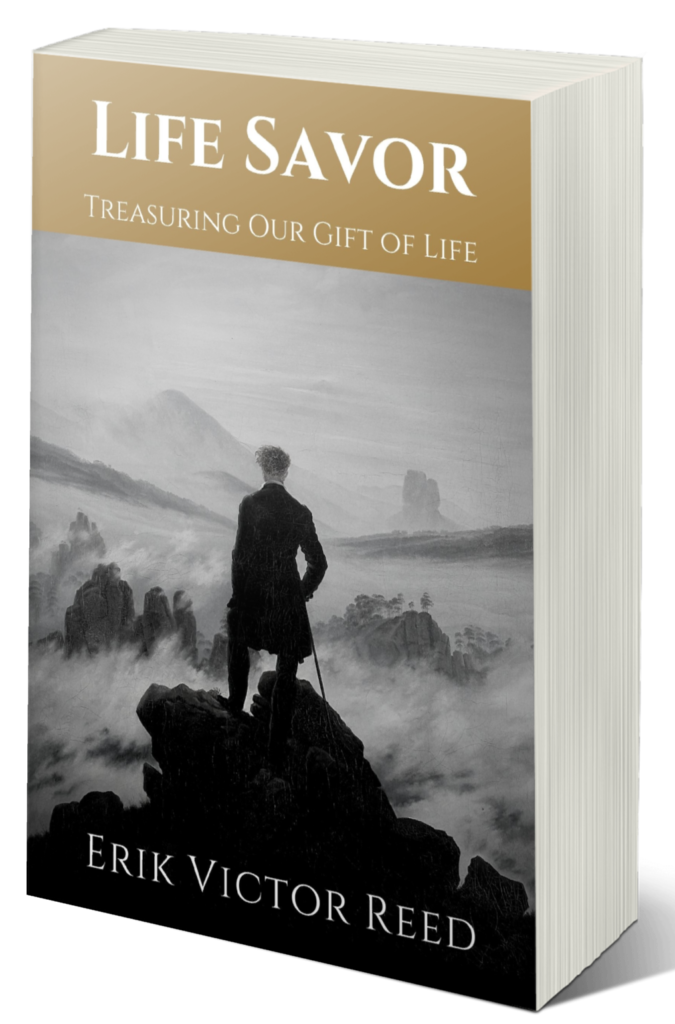Why building walls against pain only deepens it
The Temptation of Invulnerability
We live in a culture that worships strength. We admire the person who never flinches, never cries, never admits weakness. And when we’re hurting, we may envy them. If only I could be like that, we think. Untouched. Invulnerable.
But invulnerability comes at a cost. When we build walls against pain, we build them against joy too. When we numb our capacity for hurt, we also numb our capacity for meaning.
Adopting detachment as a rule of life creates consequences we don’t see until it’s too late.
Consequence One: Pain That Festers
First, when we refuse to feel pain, it doesn’t disappear — it festers. By walling off hurt, we silence the signals that could guide us toward correction.
Pain is a teacher. It warns us when something in our life isn’t working, when we’re betraying our values, when we’re starving some part of our soul. Ignoring it is like ignoring chest pain and hoping for the best.
Raphael Cushnir reminds us: “Emotions don’t need to be felt forever, or obsessively, but just long enough to have their say.” When we don’t let them speak, their message only grows louder.
Consequence Two: Playing It Safe
Second, making invulnerability the goal shrinks our lives. If we define success as “avoiding hurt,” we end up avoiding risks of any kind.
That job we dream of? Too risky. That relationship? Too vulnerable. That move to a new city? Too much could go wrong.
The result is a life narrowed to the conventional, the safe, the socially acceptable. But what is safe may not be what is fulfilling. Avoidance may protect us from pain, but it also betrays our deepest dreams.
As I note in Life Savor: “Being willing to risk on behalf of what’s important to us means accepting vulnerability as an inherent part of living.” To refuse that risk is to refuse life.
Consequence Three: Losing the Aesthetic Dimension
Third, constant anesthetizing of our sentiment numbs us to all significance. If we refuse to feel sorrow, we also flatten joy. If we won’t let ourselves care deeply, we lose the experience of caring altogether.
The result is ennui — a dull emptiness. Life loses its vibrancy, its aesthetic texture. Instead of feeling existence as art, we feel it as blank canvas.
As Life Savor warns: when we try to make ourselves invulnerable, we “risk callusing ourselves to all aesthetic experience and sabotaging our most fundamental reason for living in the first place.”
Detachment Personified
Picture someone who has perfected detachment. Nothing rattles them. Nothing excites them. On the surface, they look unflappable. But inside, they feel… nothing.
They sit in a theater but the music doesn’t move them. They stand at a graveside but the loss doesn’t pierce. They watch a sunset but it doesn’t stir them.
They are safe — and empty. Protected — and hollow. Invulnerable — and disconnected from the very marrow of life.
Mortality and Meaning
Mortality raises the stakes. If life is short, then what we feel during it matters. To spend our one existence anesthetized is to waste the chance.
We don’t need to seek pain for its own sake. But we must be willing to feel it when it comes, because only those who risk sorrow get to savor joy. Only those who embrace vulnerability know the meaning of love, beauty, or significance.
Invulnerability vs. Resilience
Invulnerability is not the same as resilience. Invulnerability refuses to feel. Resilience feels and recovers. Invulnerability denies pain. Resilience admits it and grows through it.
It is resilience, not invulnerability, that leads to a full life. Because resilience doesn’t sacrifice meaning on the altar of safety.
Closing Thought
The fantasy of invulnerability is seductive. Who wouldn’t want to be immune to heartbreak, loss, or regret?
But the truth is harsher and kinder at once: to be human is to be vulnerable. To feel pain is to risk. To risk is to live.
The walls we build to block out hurt also block out beauty. And beauty is the reason we endure the hurt at all.
So let us trade invulnerability for resilience, numbness for openness, safety for meaning. Let us be pierced, because being pierced is proof we cared.
And life without caring—life without sentiment—is no life at all.
For more like this, visit the broader project at life-savor.com, or explore the Life Savor book itself.
To learn more about Life Savor’s philosophy,
read Life Savor: Treasuring Our Gift of Life by Erik Victor Reed.








